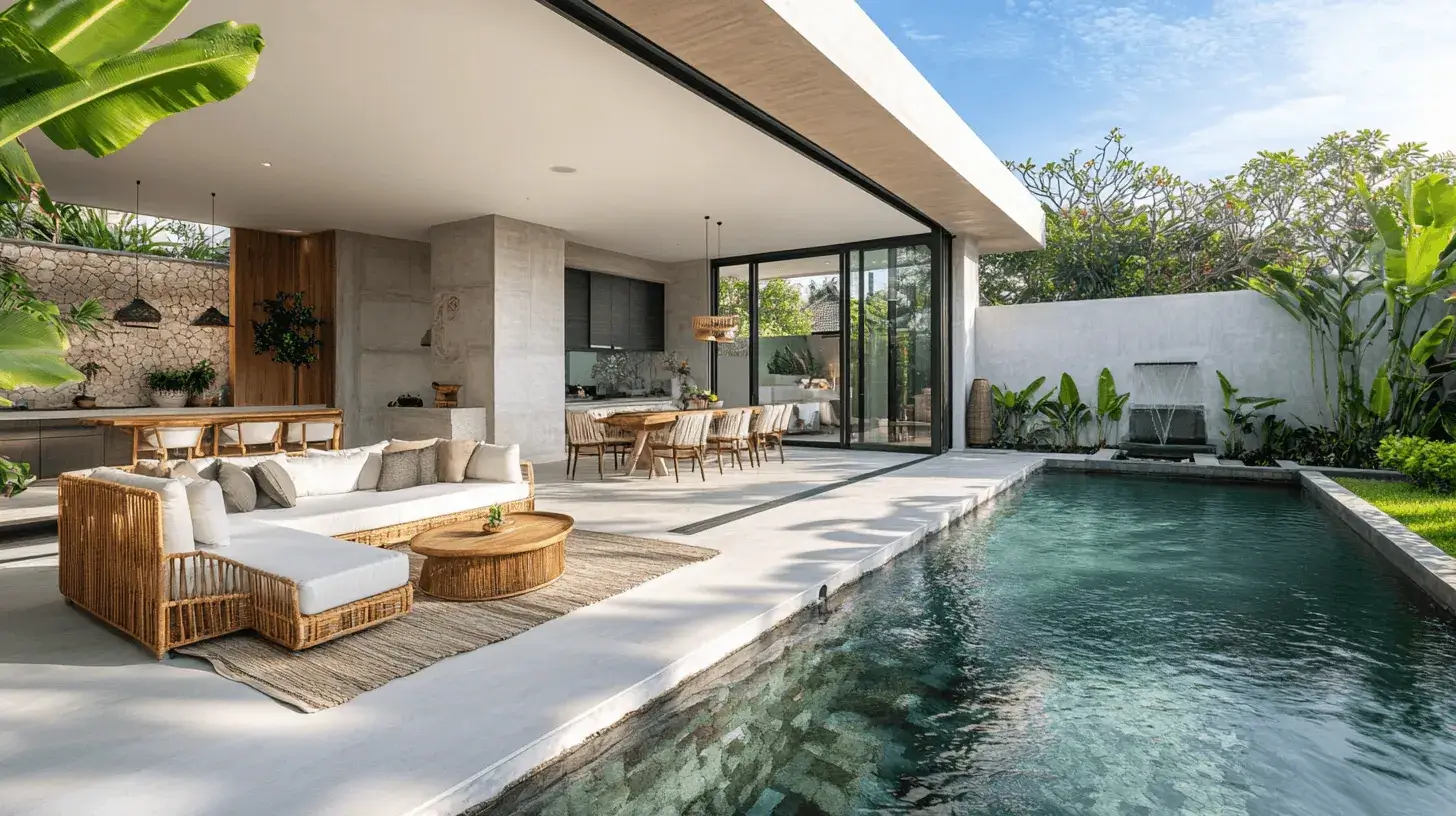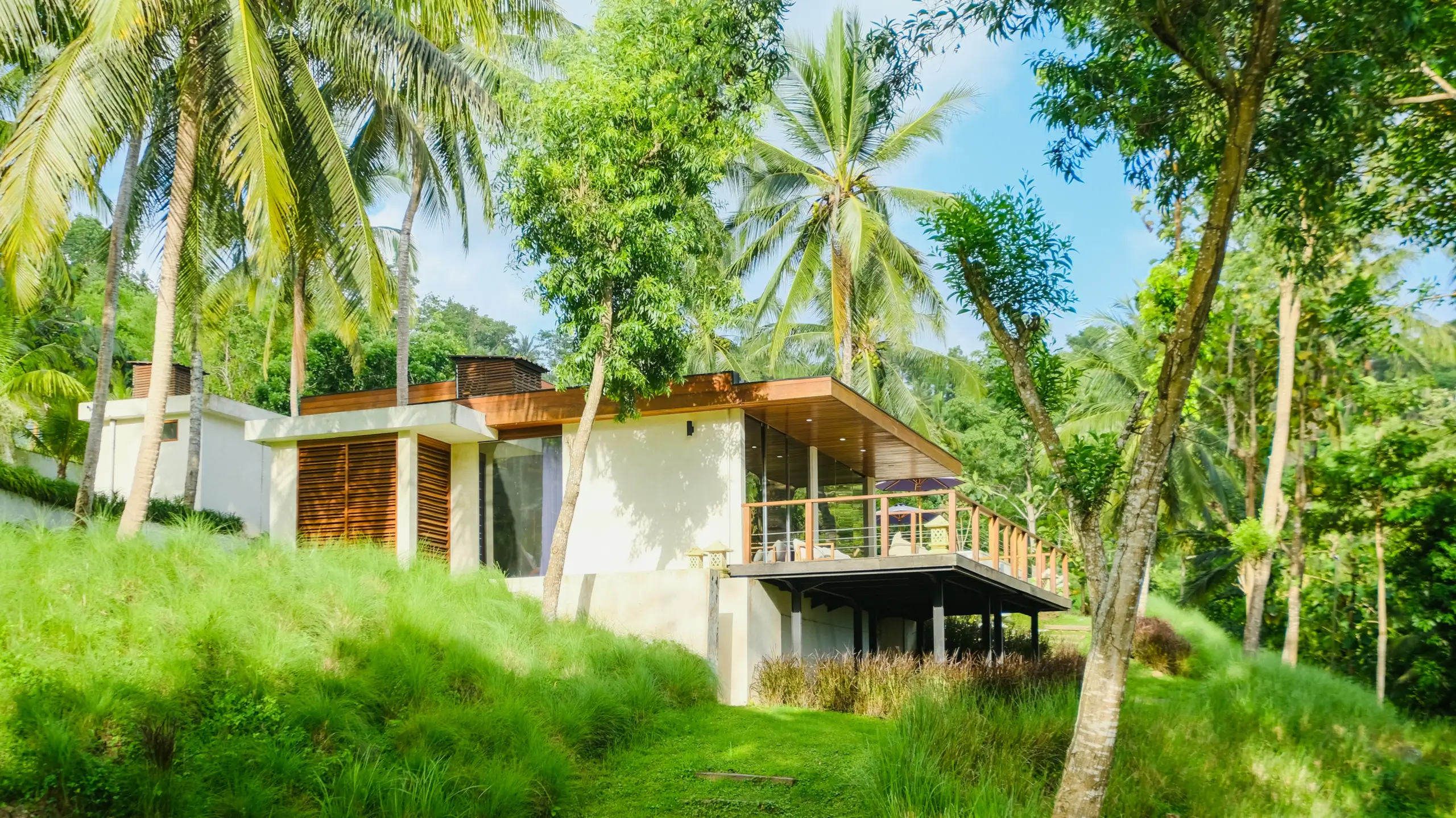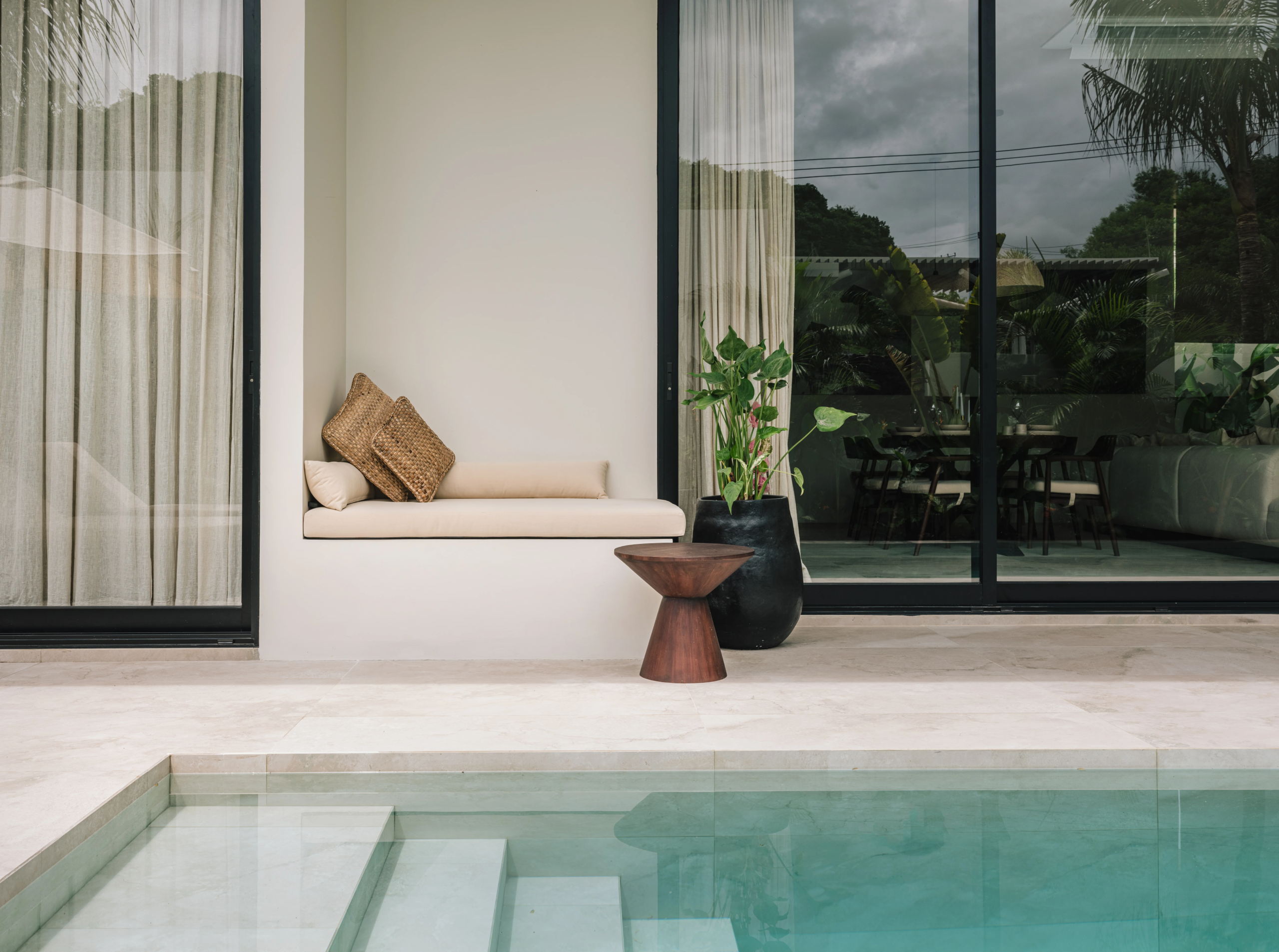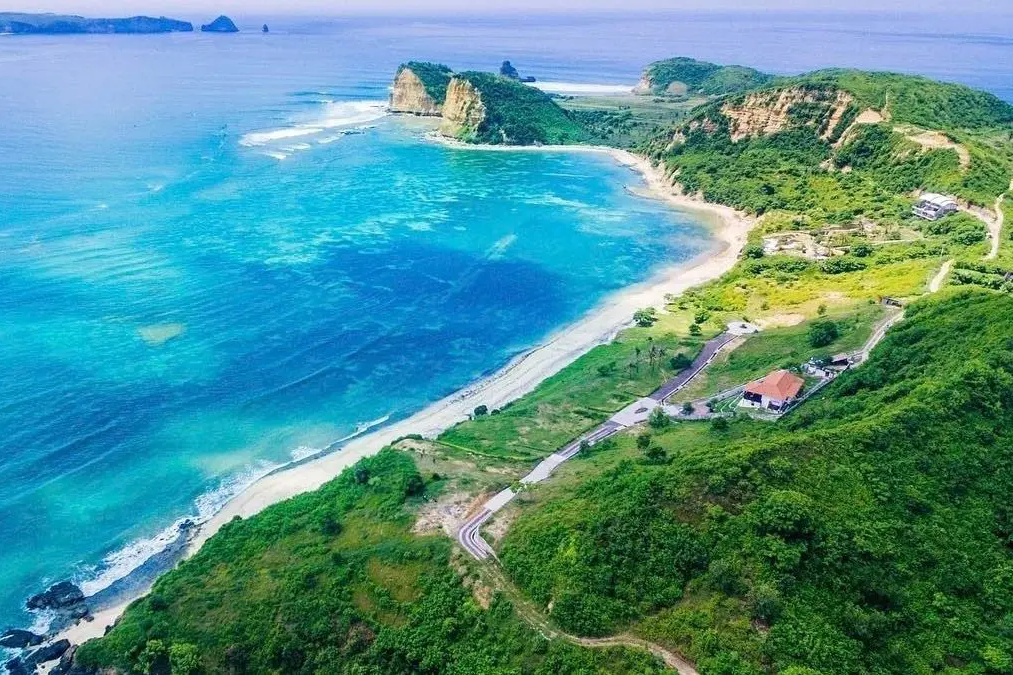Last Updated on August 1, 2024 by Yasmina
Hak Pakai, or the Right to Use, is a property ownership structure in Indonesia that allows foreigners to use and occupy land legally. This option is particularly significant for those looking to invest in Indonesian real estate, as it provides a way to navigate the restrictions on foreign property ownership.
Here’s a comprehensive guide to understanding Hak Pakai, its benefits, requirements, and how it compares to other ownership structures.
Table of Contents
1. Definition of Hak Pakai (Right to Use)
Right to Use Explained:
- Legal Framework: Hak Pakai is a legal title that grants the holder the right to use and occupy land or property for a specified period. This title can be renewed or extended.
- Duration: Typically, it is granted for an initial period of up to 30 years, with the possibility of extensions for another 20 years and a second extension for an additional 30 years.
- Usage: Commonly used for residential purposes, allowing foreigners to live in or rent out the property.
2. Benefits of the Right to Use
Legal Security:
- Ownership Recognition: Hak Pakai is recognized by Indonesian law, providing legal security for the foreign holder.
- Extension Rights: The title can be extended, ensuring long-term usage rights and stability.
Flexibility:
- Usage: Suitable for various purposes, including residential, commercial, and industrial.
- Transferability: The certificate can be transferred to other eligible individuals or entities, providing flexibility in property management.
Cost-Effective:
- Lower Initial Investment: This method typically involves lower initial costs than other property acquisition methods, such as setting up a PMA (foreign investment company).
- Less Complexity: Simpler and less costly than establishing a PMA, which involves more legal and administrative procedures.
3. Requirements for Obtaining Hak Pakai
Eligibility:
- Foreigners: Individuals with legal residence permits (KITAS/KITAP) can apply for the Right to Use.
- Indonesian Legal Entities: Companies registered in Indonesia can also have the Right to Use.
Documentation:
- Personal Documents: Passport, residence permit, and proof of address.
- Property Documents: Land title, sale and purchase agreement, and building permits.
- Application Process: Submit the required documents to the National Land Agency (BPN) for approval and registration.
4. Comparing Hak Pakai with Other Ownership Structures
Right to Use vs. Leasehold (Hak Sewa):
- Duration: The certificate typically offers longer initial periods and easier extensions than leasehold agreements.
- Security: Provides greater legal protection as it is registered and recognized by the National Land Agency (BPN).
Right to use vs. Freehold (Hak Milik):
- Ownership: Freehold land (Hak Milik) offers outright ownership but is restricted to Indonesian citizens and entities. Right to Use provides a viable alternative for foreigners.
- Usage: Both titles allow for residential use, but the Right to Use is specifically designed to accommodate foreign ownership within the legal framework.
Right to Use vs. Right to Build (Hak Guna Bangunan or HGB):
- Purpose: Hak Guna Bangunan is geared towards commercial and industrial purposes, allowing holders to build and own structures on the land. Hak Pakai is more suitable for residential use.
- Duration: HGB and Right to Use offer similar durations, but HGB requires the establishment of a PMA for foreign ownership, adding complexity.
FAQs on Hak Pakai (Right to Use) in Indonesia
Can foreigners own land in Indonesia?
Foreigners cannot own freehold land (Hak Milik) in Indonesia but hold the Right to Use and occupy the land for a specified period.
How long is Hak Pakai valid?
Hak Pakai is typically granted for an initial period of up to 30 years, with the possibility of extensions for an additional 20 years and then another 30 years.
What are the requirements for obtaining Hak Pakai?
Foreigners need a legal residence permit (KITAS/KITAP) and must submit personal and property documents for approval to the National Land Agency (BPN).
Can Hak Pakai be transferred or sold?
Yes, Hak Pakai can be transferred to other eligible individuals or entities, providing flexibility in property management.
What is the difference between Hak Pakai and Hak Sewa?
Hak Pakai offers longer initial periods and greater legal security than leasehold (Hak Sewa) agreements, as it is registered and recognized by the National Land Agency (BPN).
Wrapping It Up
Hak Pakai (Right to Use) is a valuable legal option for foreigners investing in property in Indonesia. It offers legal security, flexibility, and cost-effectiveness, making it a popular choice for residential and commercial purposes. By understanding the benefits, requirements, and differences from other ownership structures, you can decide about property investment in Indonesia.
About Nour Estates
We started Nour Estates with a simple idea: to make finding your dream land in Lombok as easy and enjoyable as a day at the beach. Our team is a mix of local folks and people from around the world who fell in love with Lombok just like you. We’ve been in your shoes, faced the challenges of buying land here, and learned all the ins and outs. Now, we’re here to share that knowledge with you.
We are here to find you the perfect land to invest in. Contact us today, and let’s start this exciting journey together!

































